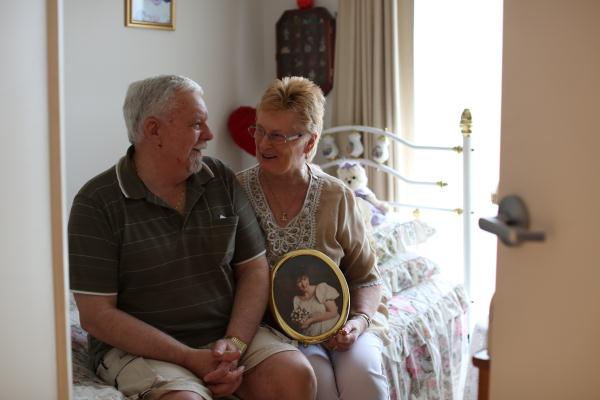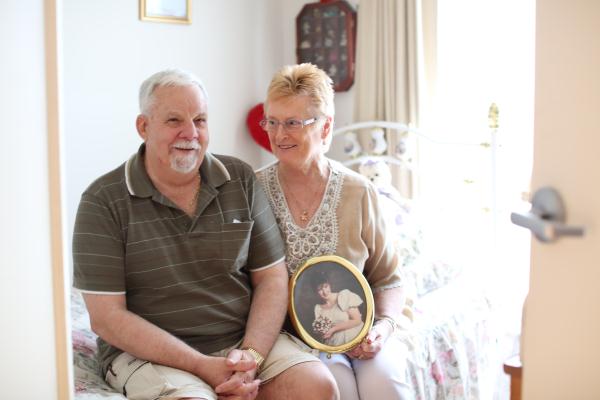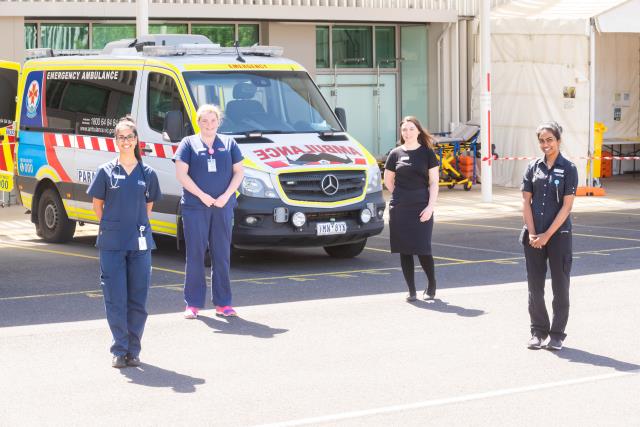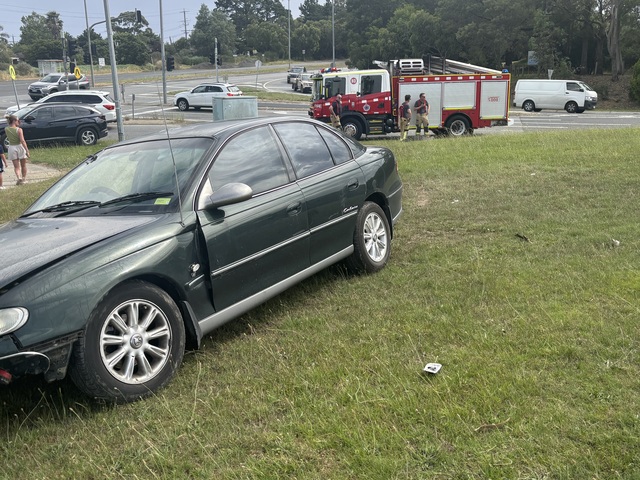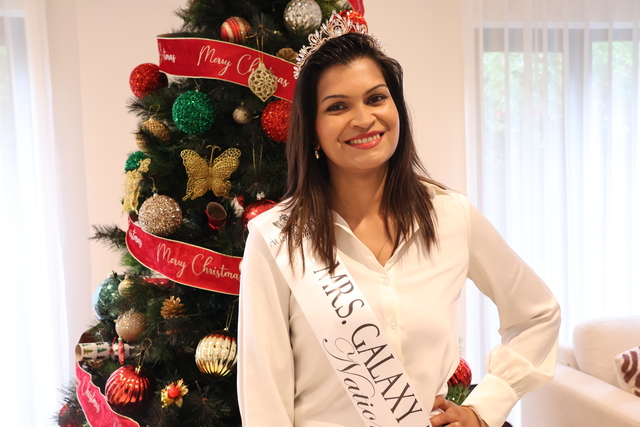By CAM LUCADOU-WELLS
“These two won’t take sh** from anybody.”
Those were the words of endorsement from an awards selection panellist soon after Springvale couple Beth and Peter McDonald took out a volunteers state award for their mental health advocacy in 2011.
The McDonalds had to learn the hard way that assertiveness was the best way to help their 41-year-old daughter Fiona, who was diagnosed with schizophrenia 18 years ago.
“If we’re not here to look after our daughter, who is?” Peter said.
“People can be their own worst enemy. They expect help to come to them but it doesn’t work that way.”
Next month, Dandenong Casey Cardinia Mental Health Network will stage a free exposition for carers to reveal the range of services and information for them.
At the event, former AFL footballer Wayne Schwass will be the keynote speaker and will talk about his own battle with depression.
The exposition is designed to capture the carers who don’t get help – whether it be respite care, carer groups and support services.
According to organiser Lindy Alcorn, some carers keep the issues in house due to perceived stigma or because they don’t recognise themselves as a carer.
“Some carers don’t identify themselves that way.
“They say ’I’m a mother, wife or a husband’ but they’re providing a lot of support that a lot of families don’t do.”
Amazingly, carers can include school-aged children supporting a parent with mental illness. There are supports to help them stay in school and keep alive a social life.
Without using the available support network, the McDonalds say they wouldn’t have got through.
They and their 47-year marriage have endured while other carers have crumbled under the strain.
“Sadly most carers we meet are single, predominantly women,” Peter said.
“A lot of people lose the energy and burn out. We know people who give up the ghost.
“Another carer said to me ‘gees, you’re funny. You laugh a lot’. Well, what’s the alternative? If you don’t, you could go in the same place (as the patient).
Beth said the couple weren’t naturally assertive but quickly realised they needed to learn. They felt initially unwelcome in the mental health system; a psychiatrist telling them that dealing with carers doubled his workload.
“At first, it took us six months to get Fiona admitted to hospital to be assessed (for mental illness),” Beth said.
“She’d been in there for two weeks with medication and the assessor said ‘there’s nothing wrong with her. It’s just bad behaviour. We’re taking her off the medication and sending her home’.
“I saw the head psychiatrist and asked ’could you do an assessment?’.
“I said ’I’m not taking her home this time. You can find somewhere for her to live’.
“That was the worst day of my life to have to say that. I didn’t say it because I couldn’t cope with her and didn’t love her. It was because she was not getting the right care for her.”
It was their love for Fiona that gave them the strength to speak up, Beth says.
They had to argue the case to remove Fiona from residential care, which she foundered in.
They argued for better conditions for mental health patients and for better access for carers. They went to the press, citing the times they had to rescue Fiona wandering on a railway line.
To that end, they helped form a four-person advocacy group called Break the Cycle and their efforts earned them a state health volunteers award in 2011.
“In a lot of ways we’re moulded in that way because it’s the only way we got results,” Peter said.
“That’s why we like talking to carers. If we can talk to them and show them shortcuts so they’re not treated like a statistic.”
The free Mental Health Expo is at Springvale City Hall, 397 Springvale Road, Springvale, on 9 April from 2pm to 6pm. Wayne Schwass will speak at 4.30pm.
For assistance with an interpreter, respite and transport, call Lindy Alcorn on 9076 6204 by 2 April.

